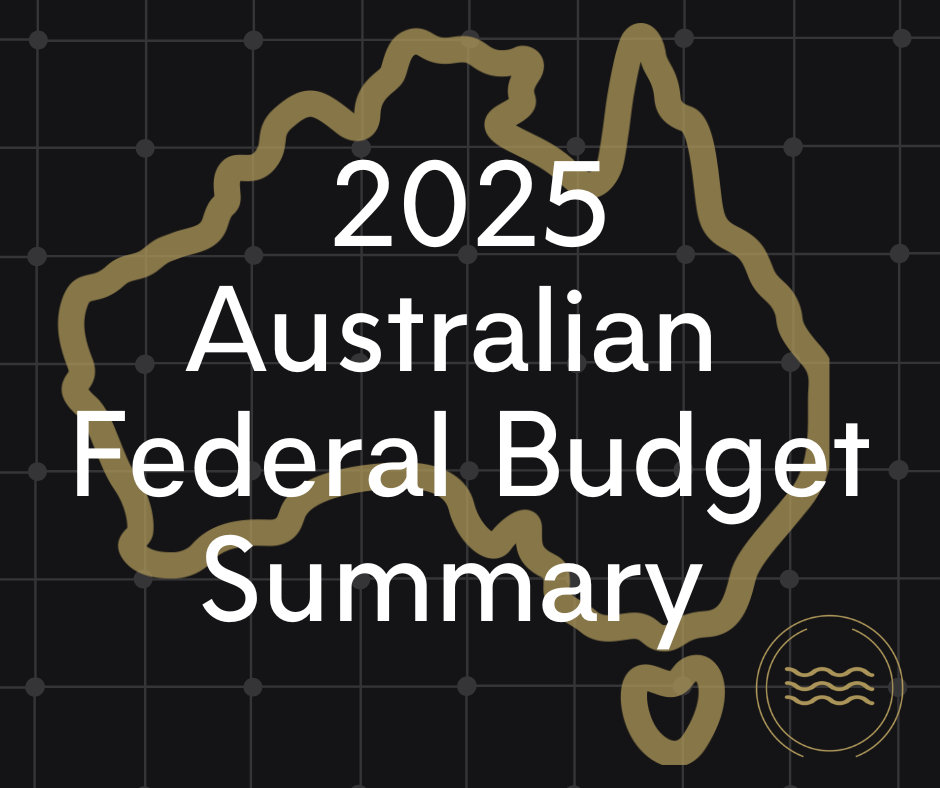In the Whitepaper “United States Entity Considerations in the Trump Era” we discussed headline tax reform but we did not discuss the deep issues, like the impact of GILTI on global innovators that wish to make the US their Home. It seems that it is these innovators that are the ones who are footing the bill for flat corporate tax rate of 21% and a territorial tax system.
In our last post we discussed the way in which the changes to the Controlled Foreign Corporation rules (CFC) have impacted founders and wealthy families. These same rules will similarly impact global operating businesses but possibly on a more dramatic basis.
To recap there have been structural changes made to the definition of CFCs to address the perceived abuses caused by corporate inversions. To address these abuses the Trump team extended the definition of CFC so that US subsidiaries that have no direct or indirect ownership of other foreign subsidiaries in the same group are deemed to be a constructive owner of such subsidiaries by virtue of their relationship with the parent company.
Asena advisors. We protect Wealth.
In practical terms this means that a company can be a CFC if it has one US Shareholder. Again to recap a US shareholder is someone that owns more than 10% of the voting stock or value of a company.
So prior to these changes you needed more than 50% direct or indirect ownership to create a CFC now you only need more than 10% direct or indirect ownership to create a CFC.
Where to from here? For any multinational business (public or private) they need to strongly consider the value in operating through a consolidated operating structure and whether governance is more important than attribution under the tax rules.
The effect of these changes is that a global operating company that has more than 10% of its shares held by US Persons would have any low taxed profits (profits taxed as less than 90% of the US corporate tax rate of 21%) of foreign subsidiaries subject to attribution under Subpart F (by virtue of the new GILTI tax).
And in case you had not heard the Global Intangible Low Tax Income (GILTI) does not only apply to income derived from intangibles.
So much for the US becoming a holding company jurisdiction of choice. It seems the reduced corporate tax rate came accompanied with a poison pill. For foreign operating business they need to trade off operational simplicity with tax Armageddon and get ready for the invoice for their share of the costs.




Global Innovators Are Paying For Trumps Tax Reform? Have You Received The Invoice For Your Share?
In the Whitepaper “United States Entity Considerations in the Trump Era” we discussed headline tax reform but we did not discuss the deep issues, like the impact of GILTI on global innovators that wish to make the US their Home. It seems that it is these innovators that are the ones who are footing the bill for flat corporate tax rate of 21% and a territorial tax system.
In our last post we discussed the way in which the changes to the Controlled Foreign Corporation rules (CFC) have impacted founders and wealthy families. These same rules will similarly impact global operating businesses but possibly on a more dramatic basis.
To recap there have been structural changes made to the definition of CFCs to address the perceived abuses caused by corporate inversions. To address these abuses the Trump team extended the definition of CFC so that US subsidiaries that have no direct or indirect ownership of other foreign subsidiaries in the same group are deemed to be a constructive owner of such subsidiaries by virtue of their relationship with the parent company.
In practical terms this means that a company can be a CFC if it has one US Shareholder. Again to recap a US shareholder is someone that owns more than 10% of the voting stock or value of a company.
So prior to these changes you needed more than 50% direct or indirect ownership to create a CFC now you only need more than 10% direct or indirect ownership to create a CFC.
Where to from here? For any multinational business (public or private) they need to strongly consider the value in operating through a consolidated operating structure and whether governance is more important than attribution under the tax rules.
The effect of these changes is that a global operating company that has more than 10% of its shares held by US Persons would have any low taxed profits (profits taxed as less than 90% of the US corporate tax rate of 21%) of foreign subsidiaries subject to attribution under Subpart F (by virtue of the new GILTI tax).
And in case you had not heard the Global Intangible Low Tax Income (GILTI) does not only apply to income derived from intangibles.
So much for the US becoming a holding company jurisdiction of choice. It seems the reduced corporate tax rate came accompanied with a poison pill. For foreign operating business they need to trade off operational simplicity with tax Armageddon and get ready for the invoice for their share of the costs.